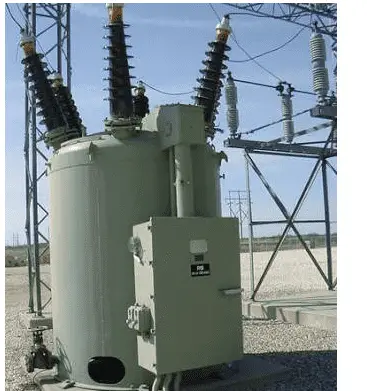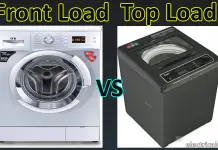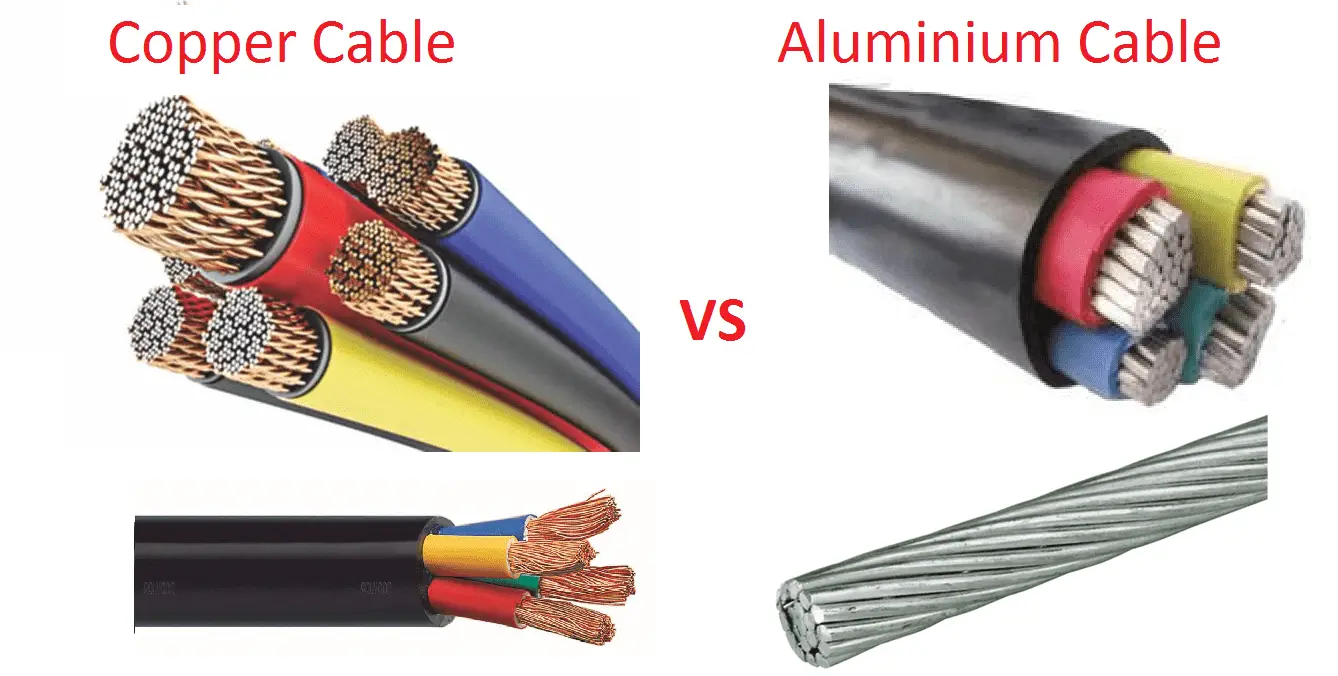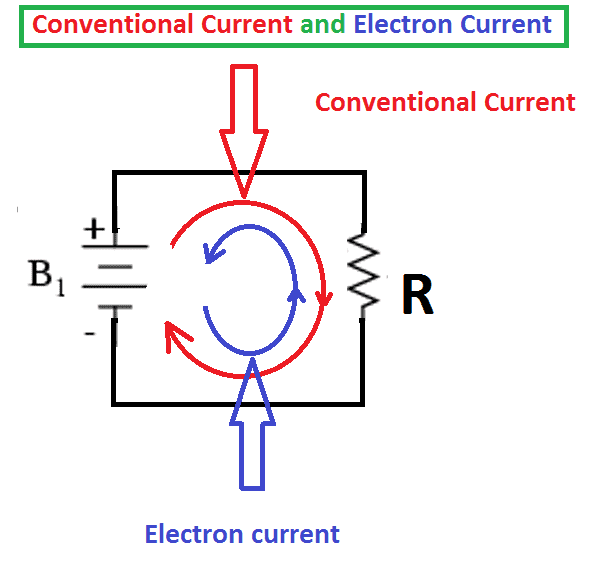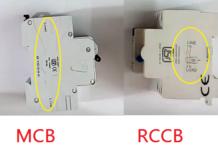Difference Between Isolator and Circuit Breaker
The two main difference between isolator and circuit breaker are that an isolator cannot be operated automatically. But Circuit breaker can be operated automatically either closing or opening, typically a remote command can operate a circuit breaker successfully. And the second one is the circuit breaker can be opened on load condition, but the isolator cannot be operated on load condition, since they deal with off load condition. However, in this article, we are going to see the basic difference between isolator and circuit breaker.
Definition of Circuit breaker:
Circuit breaker are protecting switch, It can be operated both manually as well as automatically. It follows the instruction of protecting device under various fault condition such as over current, earth fault, short circuit etc.
Definition of isolator:
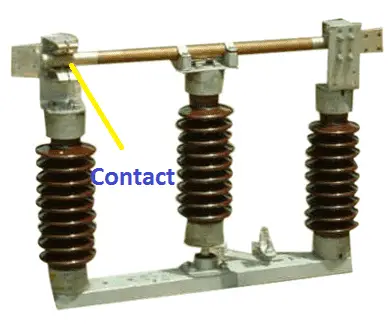
Isolators are just like switch, only can be operated under off load condition. Isolators are mostly used in industry level applications. It cannot protect the circuit under fault condition. Thus Isolators are provided to physically isolate equipment from the circuit.
Top 8 Difference Between Isolator and Circuit Breaker
| S.No |
Isolator |
Circuit breaker |
| 1 | Work as mechanical switch, can be operated at manually | It is also mechanical switch but it can be operated automatically |
| 2 | Protection relays does not require | Protection relays control the circuit breaker |
| 3 | Cannot be operated on load | Can be operated on load |
| 4 | Less cost | High cost |
| 6 | Atmospheric Air is used as arc quenching medium | Different kind of medium are used typically atmospheric air, SF6 and Vacuum |
| 7 | High safety | Needs well trained technicians |
| 8 | The physical contact status can be seen. Since they are necessary, during maintenance process | We cannot see the physical condition of the circuit breaker contact |

